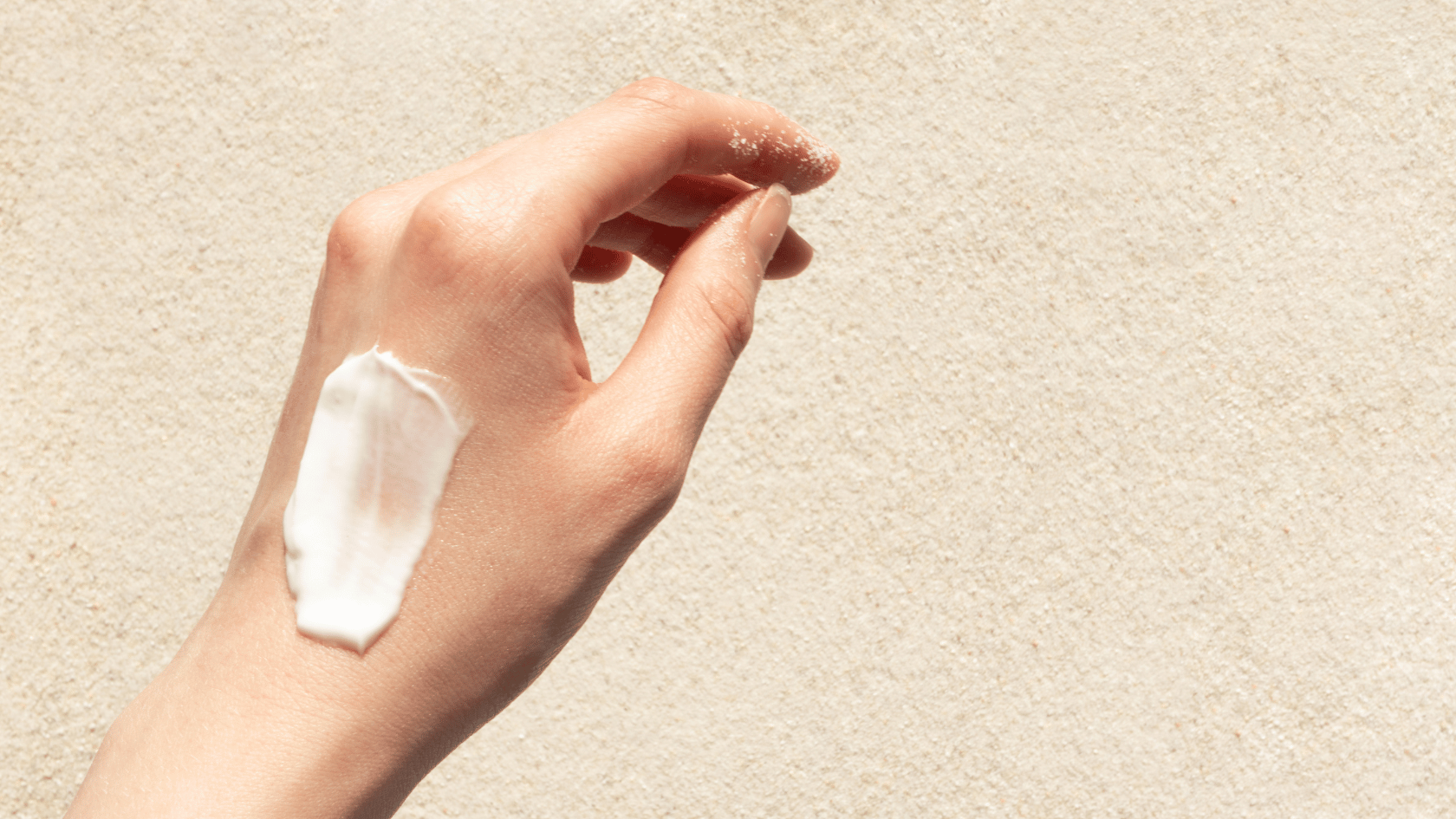We hope this post finds you in good health! We want to inform you of the latest changes and updates...
How to Properly Use Sunscreen to Prevent Premature Aging and Sun Damage
In Western Washington, where the skies are notoriously cloudy, we like to make the most of clear, warm days. And, while sun exposure benefits mental health, it's crucial to protect your skin from the harmful effects of UV radiation.
As a dermatology-certified nurse practitioner, I regularly see patients who suffer from premature aging and sun damage.
While we can’t turn back time, we can minimize further damage and avoid the many skin cancers I cut off. In this blog post, I'll share some tips on how to choose and apply the best sunscreen for your skin.

What type of sunscreen should you look for?
When it comes to choosing a sunscreen, it's important to look for one that provides broad-spectrum protection against both UVA and UVB rays.
UVA rays penetrate deeper into the skin and can cause premature aging, while UVB rays are responsible for sunburns.
That said, all sunscreens are not created equal. Sunscreens are rated by their SPF (sun protection factor) and are made with different ingredients. The types available are mineral sunscreens, chemical sunscreens, and sunscreens made with a combination of minerals and chemicals.
Is a mineral-based or chemical sunscreen better?
When it comes to choosing a sunscreen, I typically recommend mineral-based products.
Mineral-based sunscreens that contain titanium dioxide and zinc oxide as active ingredients are ideal (we recommend TIZO). These ingredients work by creating a physical barrier on the surface of the skin, reflecting and scattering the sun's UV rays away from the skin.
Chemical sunscreens, on the other hand, work by absorbing UV rays and converting them into heat, which is then released from the skin. These sunscreens usually contain ingredients such as oxybenzone, avobenzone, octinoxate, and octisalate.
Mineral sunscreens are gentler on the skin and less likely to cause irritation or allergic reactions. They are also effective immediately upon application, which means there's no need to wait for the sunscreen to absorb into the skin before going outside. It's also getting better than the mineral sunscreens of the past - some even have tints to blend easier with the skin.
Most importantly, I encourage my patients to choose a sunscreen that they will be comfortable wearing daily and to make sun protection a part of their daily skincare routine.

Should you apply sunscreen or moisturizer first?
Patients often ask me if the order of product application matters, and if so, whether they should apply moisturizer or sunscreen first.
I typically recommend applying sunscreen as the final step in your skincare routine, after moisturizer. Here’s why:
- Applying moisturizer first helps hydrate and nourish the skin, creating a barrier that locks in moisture. It also helps maintain the skin's natural moisture balance and can provide additional benefits depending on the specific formulation (e.g., anti-aging properties, soothing ingredients, etc.).
- Sunscreen forms a protective barrier on the skin's surface that reflects or absorbs UV rays. By applying sunscreen as the last step, you ensure that it is not diluted or disrupted by other products. This allows it to form a uniform and effective barrier on the skin.

How else can I protect my skin from sun damage?
Here are some additional tips on how to protect your skin during the summer:
- Cover-Up: In addition to sunscreen, covering up with clothing can help protect your skin from the sun's harmful rays. Wear long-sleeved shirts, pants, and hats with wide brims to shade your face and neck.
- Seek Shade: When possible, seek out shade to reduce your exposure to the sun. Use umbrellas, trees, or other structures to create shade for yourself.
- Stay Hydrated: Drinking plenty of water can help keep your skin hydrated and healthy.
- Avoid Peak Sun Hours: The sun's rays are strongest between 10 a.m. and 4 p.m., so try to avoid being outside during these hours if possible. If you do need to be outside, take extra precautions to protect your skin.
- Moisturize: After spending time in the sun, it's important to moisturize your skin to help it recover. Look for a moisturizer with ingredients like aloe vera or vitamin E to soothe and hydrate your skin.
What are the best products for protecting the skin from sun damage?
As always, the absolute best UV protection is clothing/wide hats. That said, we carry sunscreen and skincare products at our clinic from several preferred brands, including TIZO, Glytone, and Eau Thermale Avène. You can purchase these during regular business hours at 2216 Cornwall Ave., in Bellingham.
-3.png?width=819&height=336&name=Mt-Shuksan-Family-Medicine-Logo-Light-Blue%20(1)-3.png)



